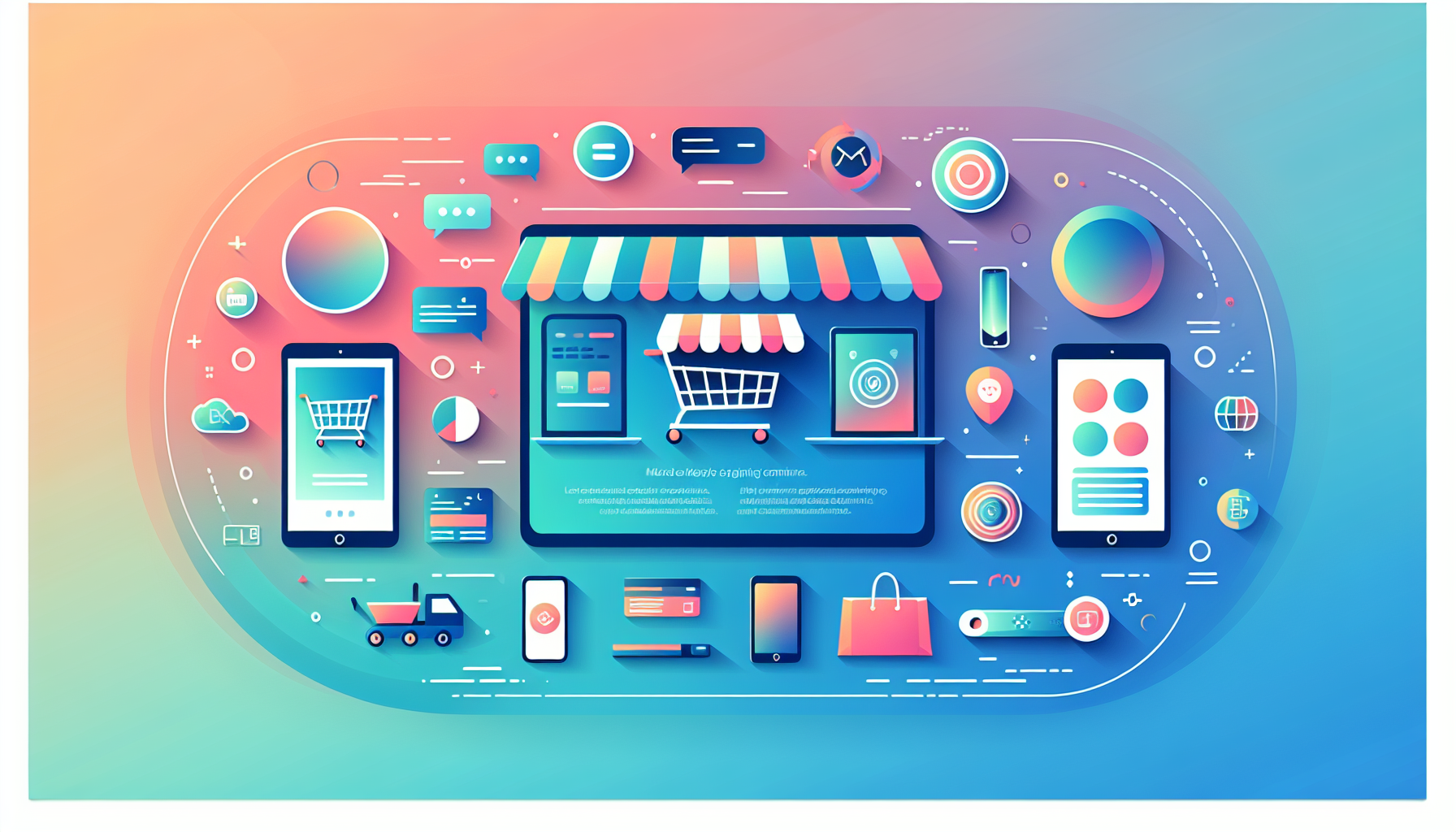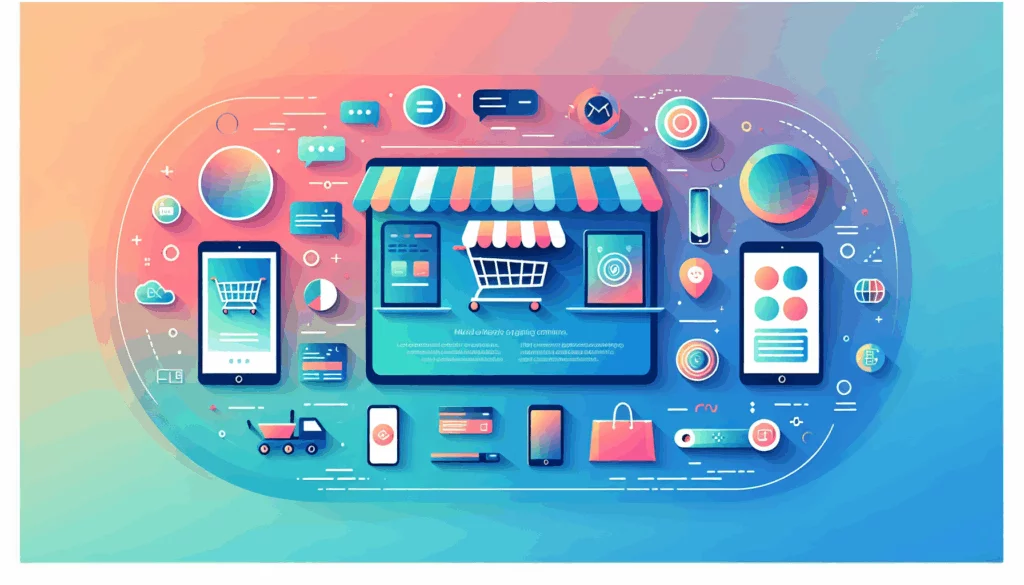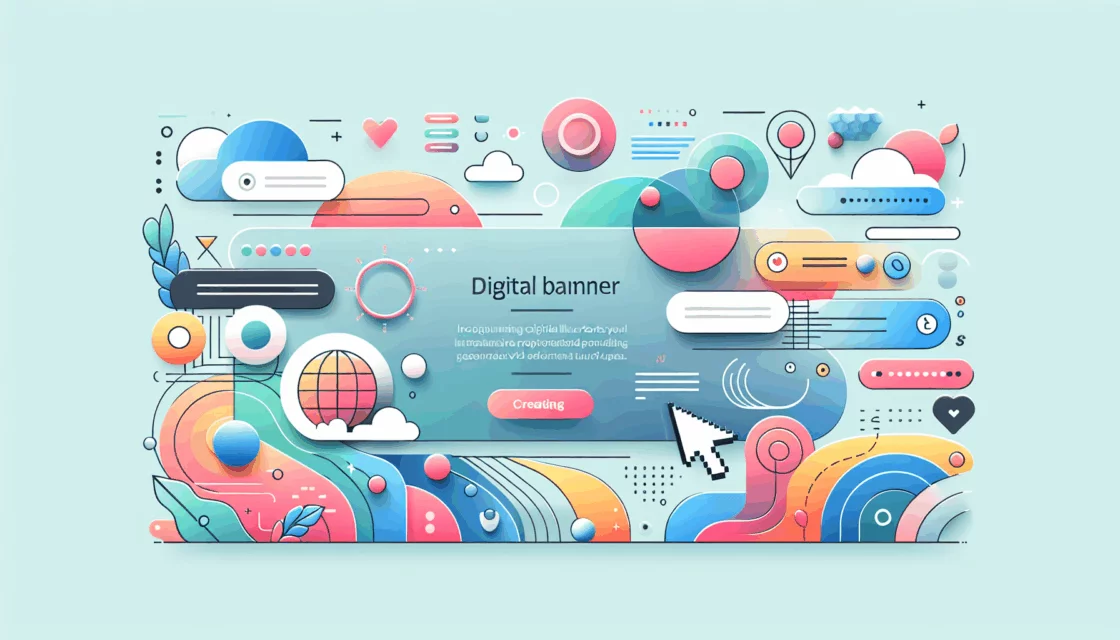
Understanding the Dynamics of B2C E-commerce with Shopify
Creating a successful business-to-consumer (B2C) e-commerce platform involves more than just having an online storefront. It requires a strategic approach to user experience, payment processing, SEO, and operational efficiency. Shopify stands out as one of the premier platforms tailored to meet these needs, offering robust tools and integrations that enable businesses to connect directly with consumers seamlessly and effectively.
Why Choose Shopify for Your B2C E-commerce Business?
Shopify’s platform is designed with the B2C model in mind, allowing businesses to sell products directly to customers worldwide. The platform’s scalability, coupled with its user-friendly interface, empowers businesses to launch and grow their stores without heavy technical overheads. Additionally, Shopify handles critical infrastructure elements like server uptime, security, and speed optimization, so you can focus on your business growth.
- Customizable Storefronts: Utilize Shopify’s Liquid templating language to craft unique themes aligned with your brand identity, enhancing the customer experience.
- Flexible Checkout Options: Shopify supports multiple payment methods and delivers a secure, high-converting checkout process essential for B2C sales.
- SEO and Marketing Tools: Built-in SEO features and integrations help optimize your store for search engines, driving organic traffic and sales.
- Global Reach: Sell internationally using Shopify’s contextual storefronts that display different products and pricing based on geographic location.
- Headless Commerce Capabilities: For businesses seeking advanced customization, Shopify’s headless commerce approach allows creating bespoke storefronts using the Hydrogen framework and Oxygen hosting.
For businesses aiming to launch quickly with high flexibility, Shopify’s Hydrogen & Oxygen technologies provide cutting-edge developer tools and global hosting tailored for e-commerce needs.
Steps to Build a Powerful B2C E-commerce Platform on Shopify
1. Planning and Research
Identify your target customers and understand their shopping behaviors. Analyze competitors and determine your unique selling propositions. This foundational work guides how you structure your Shopify B2C store.
2. Setting Up Your Shopify Store
Start by signing up for Shopify’s platform where you can choose plans that fit your business scale. Shopify’s intuitive dashboard allows for easy setup without coding experience. Customize your store using pre-built themes or develop your own with Liquid for a branded experience.
3. Managing Product Listings
Upload high-quality product images, write clear descriptions, and categorize products smartly. Shopify supports inventory management tools to keep stock levels accurate, which is critical to customer satisfaction.
4. Configuring Payments and Shipping
Ensure you offer multiple payment options like credit cards, PayPal, Apple Pay, and regional methods preferred by your customers. Shopify’s secure checkout streamlines the buying process. Additionally, configure shipping rules to match your target markets, including options for free shipping and real-time shipping rates.
5. Enhancing User Experience
Leverage Shopify’s customizable themes for easy navigation, fast page loading, and mobile responsiveness. Implement customer reviews, wish lists, and personalized recommendations to increase engagement and conversions.
6. SEO and Marketing Automation
Optimize your content with relevant keywords, meta tags, and alt texts. Shopify’s built-in blogging platform allows content marketing to attract and retain customers. Utilize marketing apps and email automation to nurture leads and recover abandoned carts.
7. Launch and Iterate
Before going live, test your store across devices and browsers to ensure a seamless experience. After launch, use Shopify’s analytics to monitor traffic, sales, and customer behavior to optimize continuously.
For detailed guidelines on setting up your store and running it efficiently, Shopify’s own resource How to Start an Ecommerce Business in 2025 is a valuable reference.
Advanced Shopify Features to Elevate Your B2C Business
B2C and B2B Integration
While primarily designed for B2C, Shopify allows integration of B2B functionalities without requiring Shopify Plus. Using apps like B2B Wholesale Solution by BSS Commerce or Locksmith, you can manage wholesale customer registrations, offer custom pricing, and set differentiated shipping rules all on the same storefront. This helps businesses serve both retail consumers and wholesale clients efficiently.
Headless Commerce for Custom Experiences
Take full control over your storefront design and functionality with Shopify’s headless commerce approach. Build your custom front end using frameworks like React with Hydrogen and host it on Shopify’s Oxygen platform for fast, reliable performance. This modern approach allows for differentiated user journeys suited to various customer segments.
Real-World Success Stories and Examples
Many businesses have leveraged Shopify B2C solutions to achieve remarkable growth. For instance, fashion retailer Allbirds uses Shopify’s platform to deliver a seamless shopping experience with sustainable branding. Similarly, Kylie Cosmetics handles high-volume sales and personalized marketing campaigns through Shopify’s robust infrastructure.
These examples highlight how Shopify’s flexibility and power scale from startups to large enterprises.
Summary and Next Steps
Building a B2C e-commerce platform using Shopify offers a comprehensive suite of tools that streamline your path to market while providing room for growth and customization. From storefront design and checkout optimization to SEO and global selling capabilities, Shopify equips your business to meet modern consumer expectations effectively.
To explore expert assistance in setting up or optimizing your Shopify store, Contact Us at Belov Digital Agency for tailored solutions and strategic support designed to maximize your online business potential.
Additionally, consider partnering with reputable hosting providers like Kinsta to ensure your website’s speed and reliability match your growth ambitions. Also, explore Shopify’s official Shopify Academy for learning resources that keep you updated on the latest industry trends and best practices.
By embracing Shopify’s e-commerce solutions and continuously refining your approach, you will be well-positioned to thrive in the fast-evolving B2C landscape.













